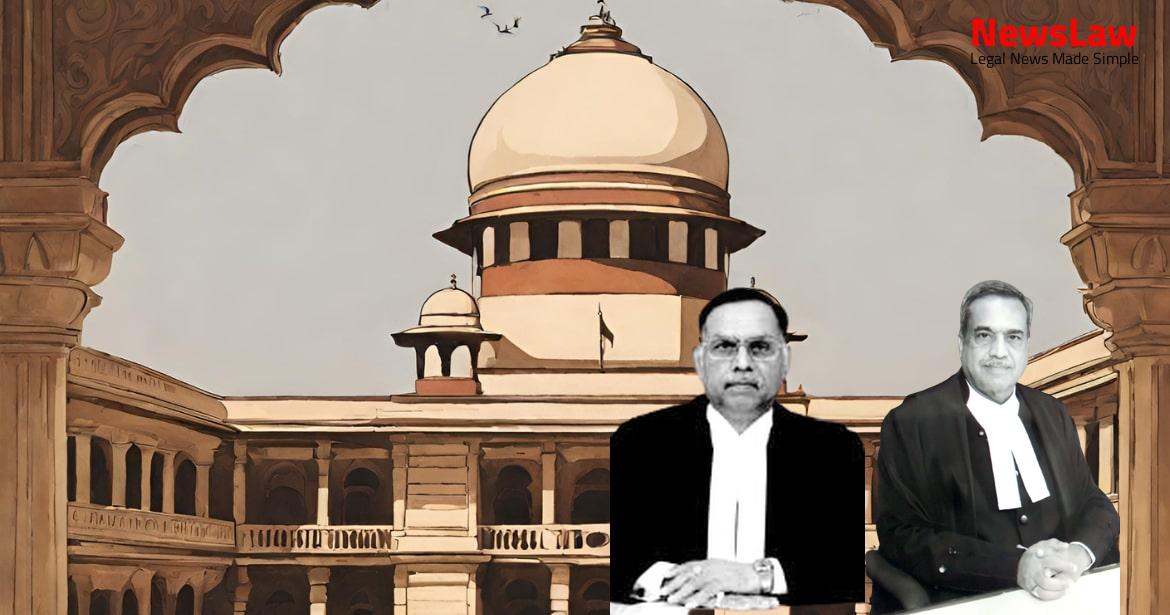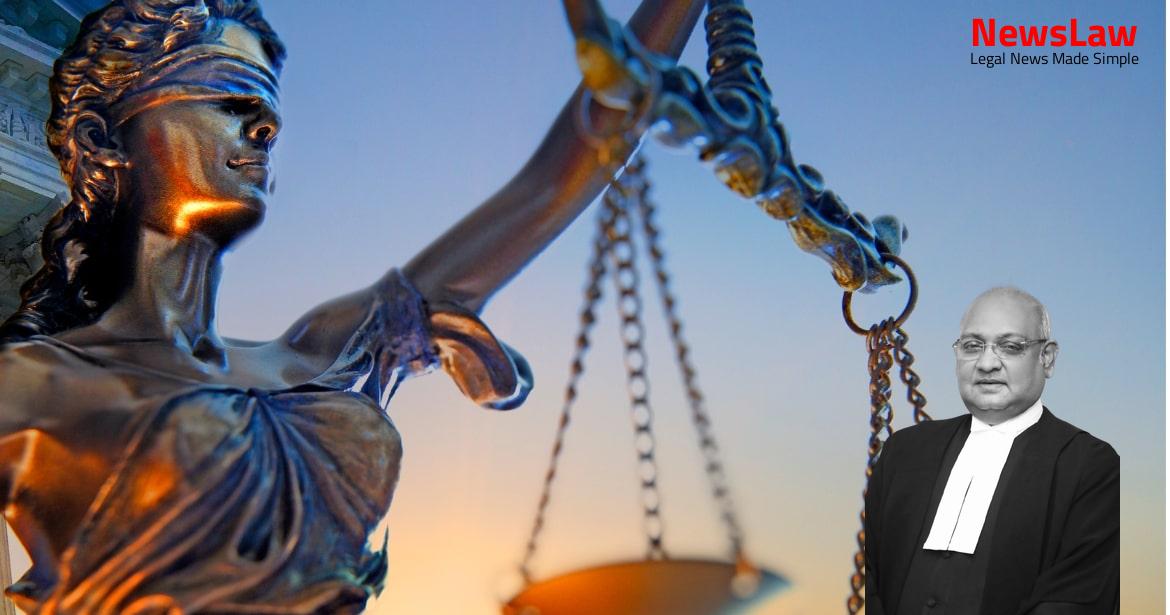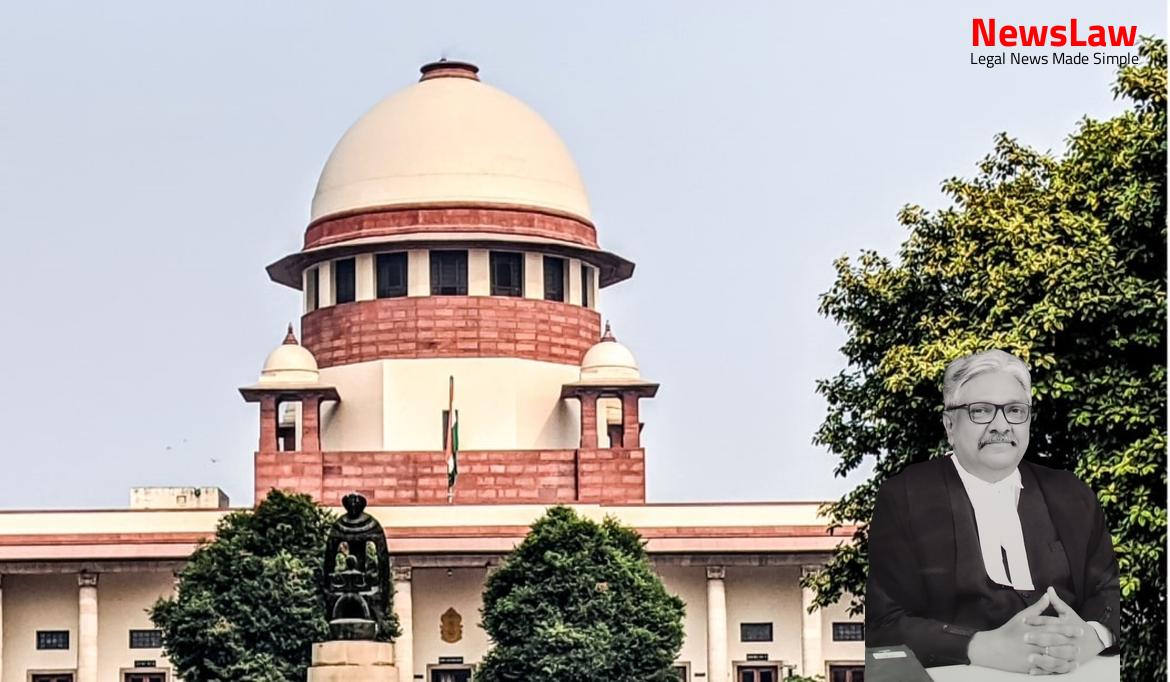147 OF 2023 R E A S
Also Read: https://newslaw.in/case-type/civil/inherent-jurisdiction-and-invalid-decree-a-case-summary/
O N S
The legal issue raised in the aforementioned writ petitions relates to the scope and ambit of judicial review in the matter of appointment of judges to the High Courts under Article 217 of the Constitution of India.
Union of India and Others, inter alia, observing that the consultative process envisaged under Article 217(1) is to limit the judicial review, restricting it to the specified area, that is, eligibility, and not suitability. Elaborating on what is meant by the term ‘lack of effective consultation’, we would like to refer to the observations made by this Court in Supreme Court Advocates-on-Record Association and Others (supra): “ JUSTICIABILITY Appointments and Transfers 480.
The reduction of the area of discretion to the minimum, the element of plurality of judges in formation of the opinion of the Chief Justice of India, effective consultation in writing, and prevailing norms to regulate the area of discretion are sufficient checks against arbitrariness.
This is also in accord with the public interest of excluding these appointments and transfers from litigative debate, to avoid any erosion in the credibility of the decisions, and to ensure a free and frank expression of honest opinion by all the constitutional functionaries, which is essential for effective consultation and for taking the right decision. We have decided this matter strictly on the basis of the constitutional scheme in the matter of appointments of High Court Judges as laid down in Supreme Court Advocates-on-Record Assn.
Essentially, having worked as a member of the Tribunal for 11 years, Respondent 3 satisfies the “eligibility qualification” in Artic le 217(2)(b) read with Explanation (aa).”
To further elucidate, we need to state that after the Collegium of the High Court makes a recommendation for elevation, inputs are received from the intelligence agencies, which conduct a background check, and comments from the government are considered by the Collegium of the Supreme Court consisting of the Chief Justice of India and two senior most Judges.
Also Read: https://newslaw.in/case-type/criminal/conviction-upheld-for-murder-and-concealment-of-body/
We have made the said observations as these are aspects which are established and are taken into consideration by the Collegiums, both of the High Courts and the Supreme Court. We are clearly of the opinion that this Court, while exercising power of judicial review cannot issue a writ of certiorari quashing the recommendation, or mandamus calling upon the Collegium of the Supreme Court to reconsider its decision, as this would be contrary to the ratio and dictum of the earlier decisions of this Court referred to above, which are binding on us. Union of India and Others, was a case relating to eligibility of a person, in whose favour the warrant for appointment as a judge of the High Court had been issued, but who was not qualified to be appointed as a judge of the High Court. For the aforesaid reasons, we do not find any merit in the present writ petitions and, thus, we are not inclined to entertain and issue notice.
Case Title: ANNA MATHEW Vs. SUPREME COURT OF INDIA (2023 INSC 122)
Case Number: W.P.(C) No.-000148 / 2023



